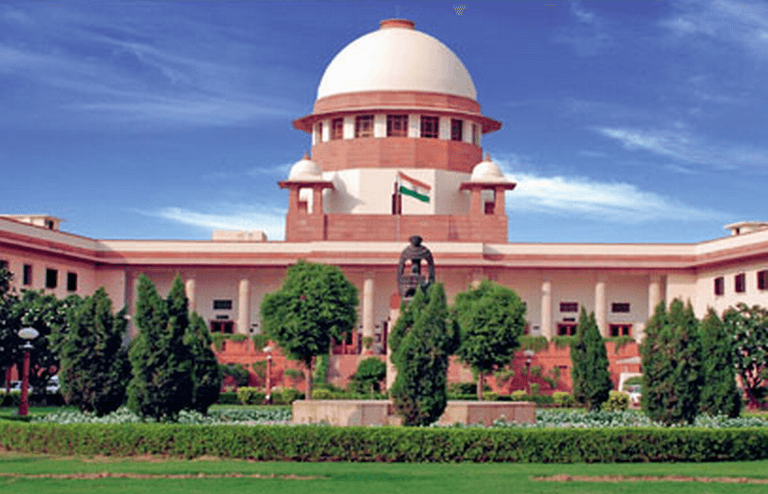SC seeks response on women's entry in mosques

New Delhi, April 16 (IANS) The Supreme Court on Tuesday sought responses from the Centre, the Central Waqf Council and the All India Muslim Personal Law Board on a plea seeking the entry of women in mosques.
A bench of Justice S.A. Bobde and S. Abdul Nazeer asked if Right to Equality guaranteed under Article 14 of the Constitution could be invoked by an individual against another individual - a non-state actor.
"All those present in the mosque are individuals and they are not cast in concrete. Where the State comes here? Is mosque a State, is temple a State, is Church a State?" Justice Bobde asked.
An unimpressed court said that it may examine the issue in the light of its verdict in the Sabarimala case where the court lifted the bar on the centuries old ban on the entry of menstruating women in the age group of 10 to 50 years in Sabarimala temple.
The court had held the prohibition on the entry of menstruating women as unconstitutional.
"We may hear you because of our judgment in Sabarimala case. We don't think you are giving satisfactory answers to our question," Justice Bobde said issuing notice on the petition.
As lawyer Dubey urged that the bar on the entry of Muslim women in mosque was discriminatory, Justice Bobde said: "You are reading Article 14 of the Constitution which we have not read". They asked the lawyer to read it.
"Can you invoke Article 14 asserting equality of treatment against another citizen?" Justice Bobde asked pointing that Article 14 says that "the State shall not deny to any person equality before the law or the equal protection of the laws within the territory of India".
In a series of posers, the court inquired about the prevailing practices on the entry of women in mosques abroad.
As lawyer Ashutosh Dube, appearing for the petitioner Yasmeen Zuber Ahmed Peerzade, said that women are permitted in Mecca, Justice Nazeer said that the congregation of men and women were separate.
